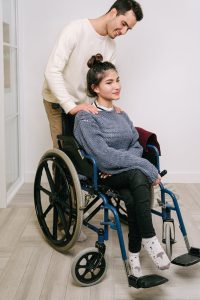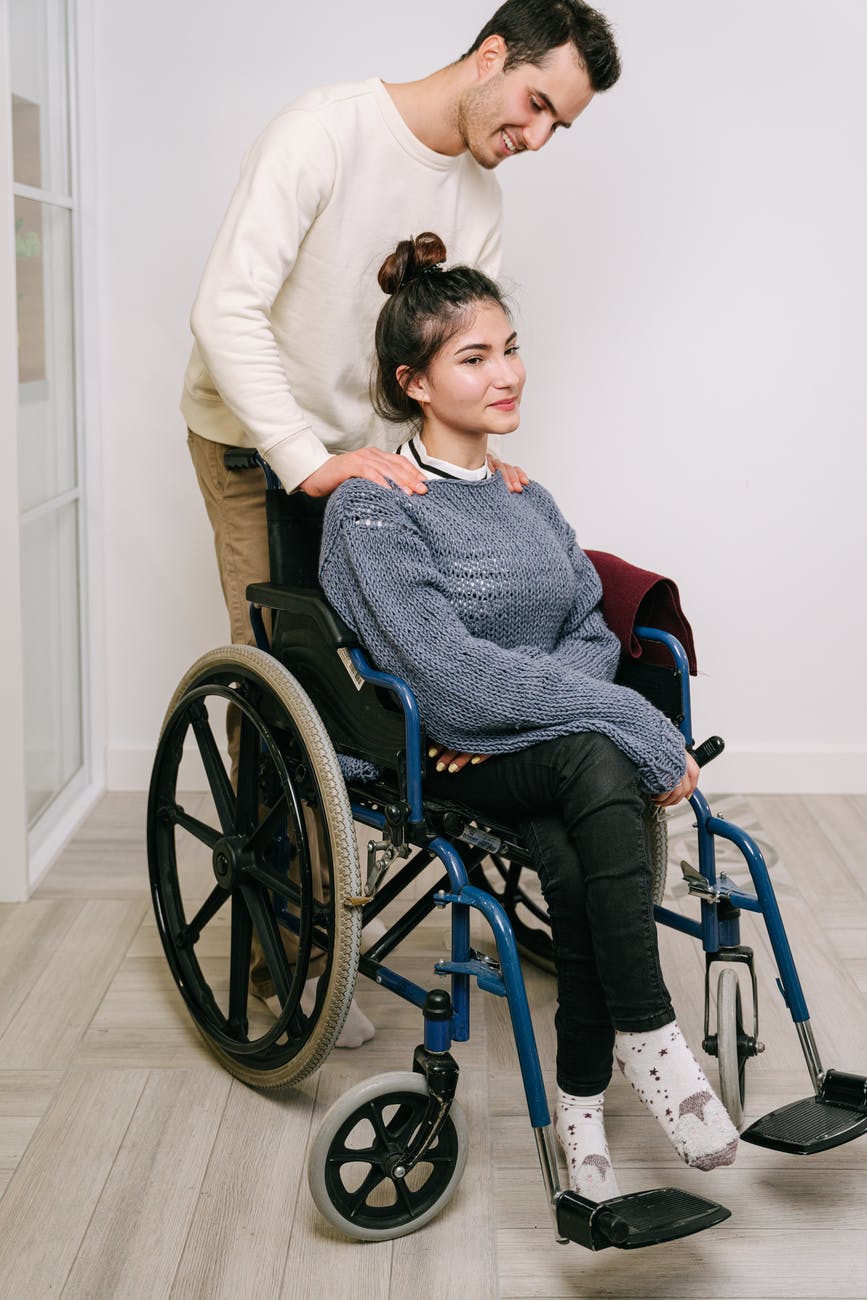Disability care at home is just that – assistance with anything from simple and housework, to more complex needs like medical help. Every person with disabilities has unique needs and challenges. This means that there is no one-size fits all solution. To provide home health care for disabled people, it is necessary to carefully assess the individual and determine what kind of assistance is required. It is crucial to find the right professional as they often act as the only link between the patient’s disability support and their own. Before becoming a caregiver, you will need to have some experience and certain skills.
The first thing to understand about disability care at your home is that it is usually provided for people with physical disabilities. This could be due injury, disease, or loss of mobility. While many people with limited abilities can do most things by themselves, there are special considerations. When hiring the right professional for the job, consideration should be given to any medical conditions the person might have.

There are several ways that disability care NDIS Cheltenham people live independently. The most common is assistance with daily activities, such as getting dressed, cooking, cleaning, and so on. You can also get assistance with mobility issues, toilet training, and toilet use. Some facilities can even teach people how to cook for their family members or provide assistance with the use of the bathroom.
Others with disabilities may benefit from more complex methods of disability care. An occupational therapist can assess a person’s physical limitations and teach them how to do more simple everyday tasks. A trained professional can help disabled people learn simple exercises such as using crutches. This will allow them to live more independently. People with disabilities may need a wheelchair or portable chair. These can allow them to continue with their daily activities while being able move in their chairs.
There are many services and supports available to almost disability services vic, even though some people with disabilities might need more help. Simple but important support services include dressing, showering, grooming, walking and using the toilet. Special carers are also available to assist with more difficult tasks such as getting to and from bed, using toilet ramps, or using the bathroom. Some disability carers are trained to help people with disabilities and those recovering from injuries.
Not everyone who needs disability support will necessarily need companionship. For instance, physically disabled people who require assistance with simple tasks can live an independent life by themselves, without the need for companionship. This is known as ‘pite care’ or temporary carership. This type of care includes hiring a companion to help a person who is unable to live alone, as well as helping them with their daily tasks. Companion carers, who are professionals who have been specially trained to provide companionship and personal assistance to those with disabilities or others with other types of physical disabilities, are called companion carers.
There are many ways disability carers can care for those who are incapable of caring for themselves. Some communities and Disability Services organizations offer residential aged care homes that can be used to support clients’ needs. This kind of environment allows the disabled person living with him or her to enjoy the same quality of life as he or she would in a normal community, while still having someone to help them to maintain a sense of independence and self-worth. Residential aged care homes can provide help with routine housekeeping duties, help with eating, assistance washing and dressing, and shopping for groceries.
There are times when a person may need more assistance than the basic services can provide. In these situations, it may be necessary for a disability care provider to combine the services of an aide with personal carer, or an assistant, to ensure that the senior citizen has the best chance of maintaining a sense of independence, even when they have most of their daily requirements taken care of by their disability care provider. When a person is living in a residential aged care home, his or her basic needs such as food, water and shelter will be taken care of by the appropriate staff members of the company. Senior citizens can still take part in the company’s programs, social activities, and tours provided they are allowed to. This ensures that senior citizens are well taken care of, even if they live in a supportive home. If you choose to live in one these facilities, you can rest assured that your loved one is safe, secure, and receiving the care and support that they require.



